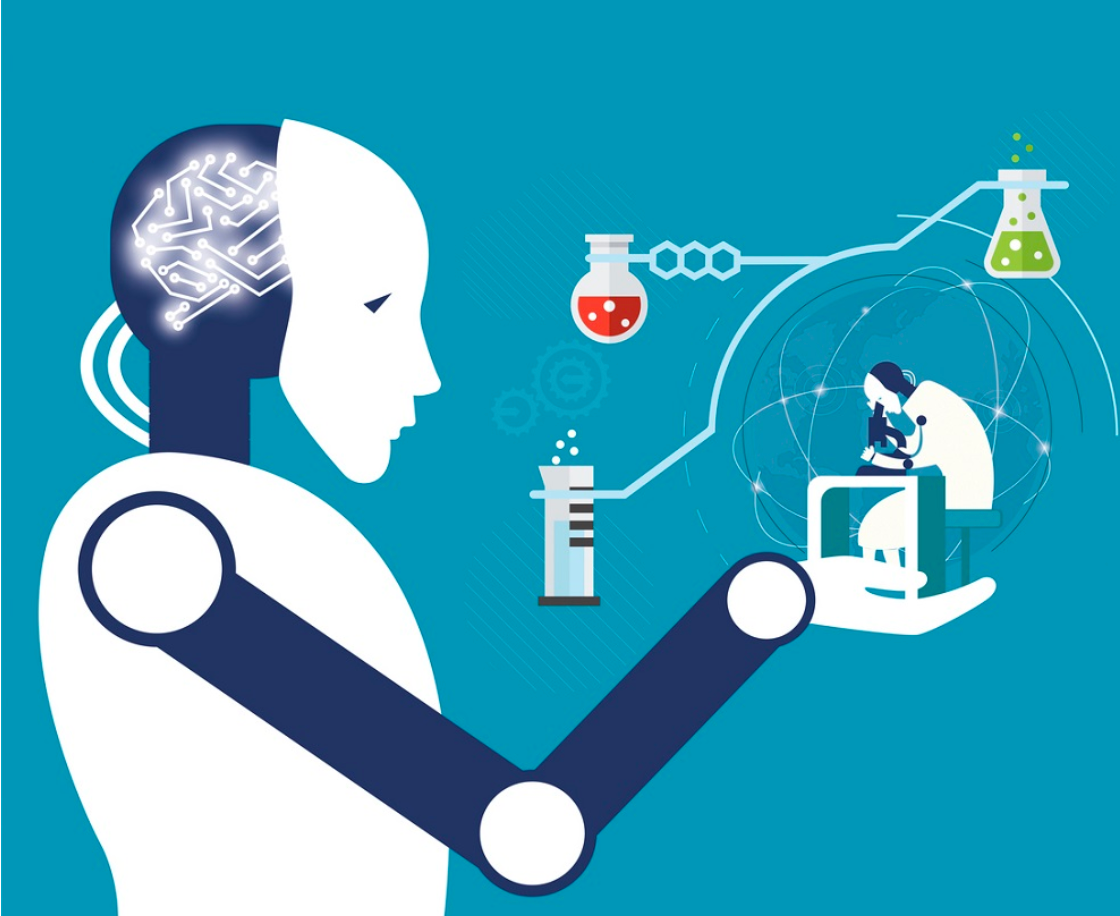
AI Revolutionizes Healthcare with Personalized MedicineAI Revolutionizes Healthcare with Personalized Medicine Artificial Intelligence (AI) is transforming the healthcare industry at an unprecedented pace, revolutionizing the way we diagnose, treat, and manage diseases. Personalized medicine, powered by AI, is emerging as a groundbreaking approach that tailors treatments and interventions to individual patients. Precision Diagnostics and Prognosis AI algorithms can analyze vast amounts of medical data, including electronic health records, genetic information, and imaging data. This enables healthcare providers to identify patterns and make accurate diagnoses earlier than traditional methods. For example, AI-driven diagnostic tools can detect early signs of cancer, cardiovascular diseases, and neurological disorders, allowing for timely interventions and improved patient outcomes. Personalized Treatment Plans AI can help healthcare professionals develop personalized treatment plans based on a patient’s unique characteristics. By analyzing genetic information and medical history, AI algorithms can identify the most effective therapies and dosages for each individual. This approach reduces trial-and-error methods, minimizes side effects, and optimizes treatment outcomes. Disease Prevention and Management AI plays a crucial role in preventive healthcare by identifying individuals at high risk of developing certain diseases. Through predictive analytics, AI algorithms can analyze lifestyle factors, genetic predispositions, and other relevant data to develop personalized prevention strategies. This allows healthcare providers to intervene early, reducing the likelihood of disease onset and severity. Chronic Disease Management For chronic diseases such as diabetes or heart failure, AI-powered devices can assist patients in monitoring their health, adhering to treatment plans, and making informed decisions. Smart sensors, wearables, and virtual health assistants provide real-time data and insights, empowering patients to manage their conditions more effectively. Drug Discovery and Development AI has accelerated the process of drug discovery and development. By analyzing vast databases of compounds, AI algorithms can identify potential drug candidates with high efficacy and low toxicity. This reduces the time and cost of drug development, bringing new and more effective therapies to market faster. Challenges and Future Directions While AI holds immense promise for personalized medicine, challenges remain. Data privacy, bias in algorithms, and the need for regulatory frameworks are important considerations. As we move forward, research is ongoing to address these concerns and ensure responsible and ethical implementation of AI in healthcare. Conclusion AI is revolutionizing healthcare by enabling personalized medicine, which tailors treatments and interventions to individual patients. Precision diagnostics, personalized treatment plans, disease prevention, and chronic disease management are just a few of the areas where AI is transforming the industry. As AI continues to advance, we can expect even more groundbreaking applications that will further improve patient care and outcomes.
Posted inNews